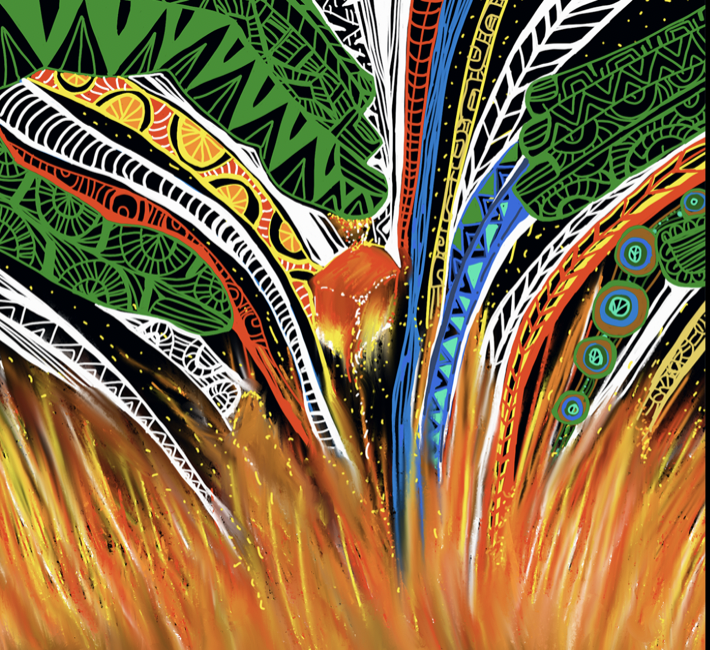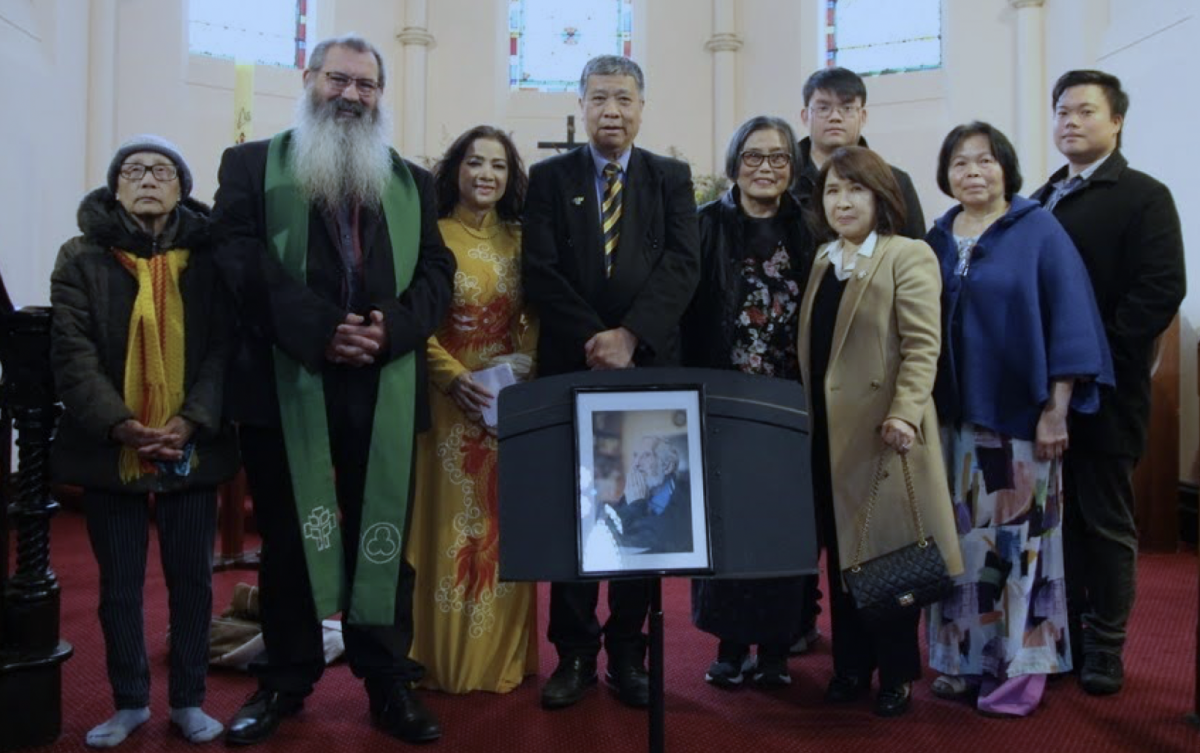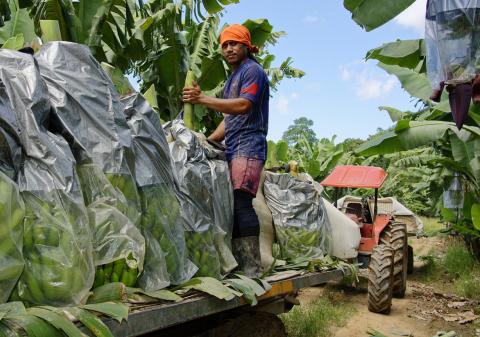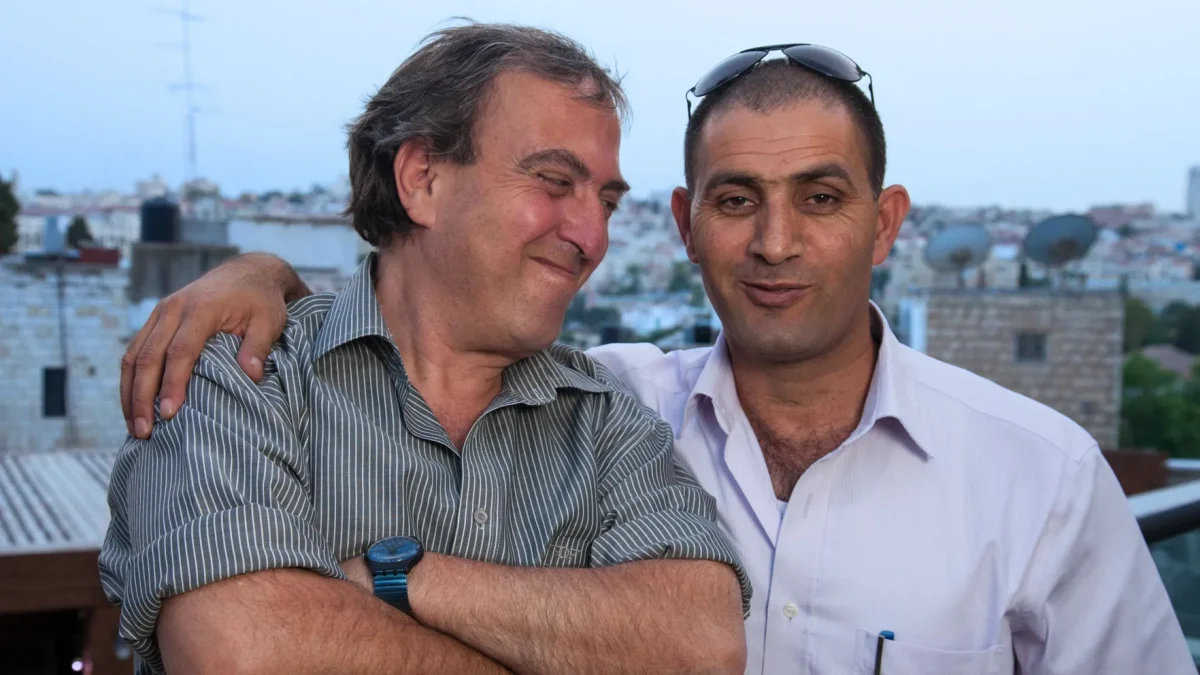by Archbishop Philip Freier
2 July 2023
There is little doubt that we are entering a period of increased militarisation in our own country, in our region and generally throughout the world. The cost of military equipment is staggering, as is the failure in many cases of delivering these projects on budget and on time. The Russian invasion of Ukraine is the trigger for a profound re-evaluation of the military capabilities and posture of most European nations. Some have elevated the commitment to military expenditure by one or two percentage points of GDP, bringing these costs to unprecedented levels. There are many examples in our own Indo-Pacific region too, understandable as countries like North Korea strive to assert their military power and geopolitical competitors India and China increase their offensive capacities. Australia, reliant on maritime transport for many dimensions of our prosperity, recognises our vulnerability to events that could impede the free transport of goods at potential conflict points far distant from our shores.
Planning future military strategic posture seems, at least to my reading of history, an inexact science. Just as battleships were replaced by aircraft carriers as the capital ships of navies after the lessons of the Second World War, the effectiveness of some of the incredibly expensive and slow to manufacture commitments of our present day will only be known at a future time when still unforeseen counter measures are faced. Remotely controlled or autonomous aerial or maritime drones have proven to be big disruptors to the conventional military strategic thinking in the Ukraine conflict. But, what about our investments in peace building and peace making?
We know that as tensions increase dialogue reduces unless there are deeply entrenched political, cultural, and personal commitments to go another way. To this list I would like to add “faith”, but I am mindful how often religious sentiments and identity have been co-opted in times of military conflict. It is significant that at the time of the First World War, theologians and church leaders in both Britain and Germany were applying the principles of just war theory to align patriotic duty and Christian faith to their respective conflicting causes.
What are we then to make of Matthew 5:9
“Blessed are the peacemakers,
for they will be called children of God”?
Certainly, the Beatitudes in general confront conventional thinking with a vision of people who are “the salt of the earth” and “the light of the world”. There is no doubt that this witness is hard to maintain when Christian faith is co-opted to serve the cause of a patriotic war. The peacemakers are easily dismissed as naïve idealists in the circumstances of existential uncertainty that war inevitably produces. This suggests that the emphasis of “peacemaking” must have action here and now, well ahead of any possible conflicted future, and not be deferred until the eruption of conflict.
International diplomacy is hopefully well used to the processes of peacemaking, but I don’t think that Christian citizens should just leave the initiative there. We need to be asking our elected leaders about their commitment to peacemaking efforts here and now, especially as they align themselves to the militarised decisions about strategic alliances and investment in war-fighting equipment. This could be our “salt of the earth” or “light of the world” opportunity.






